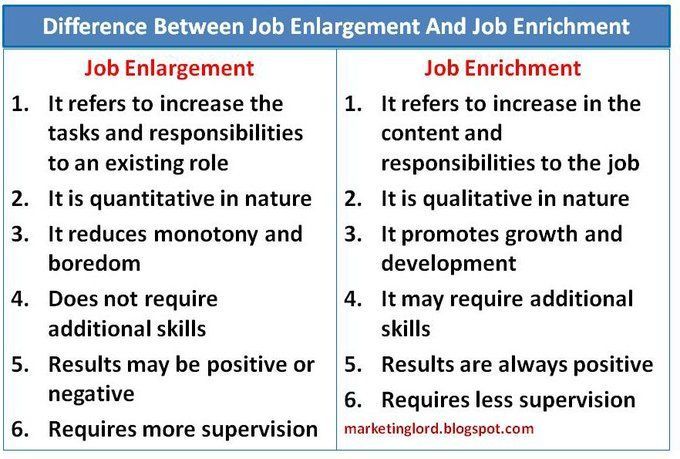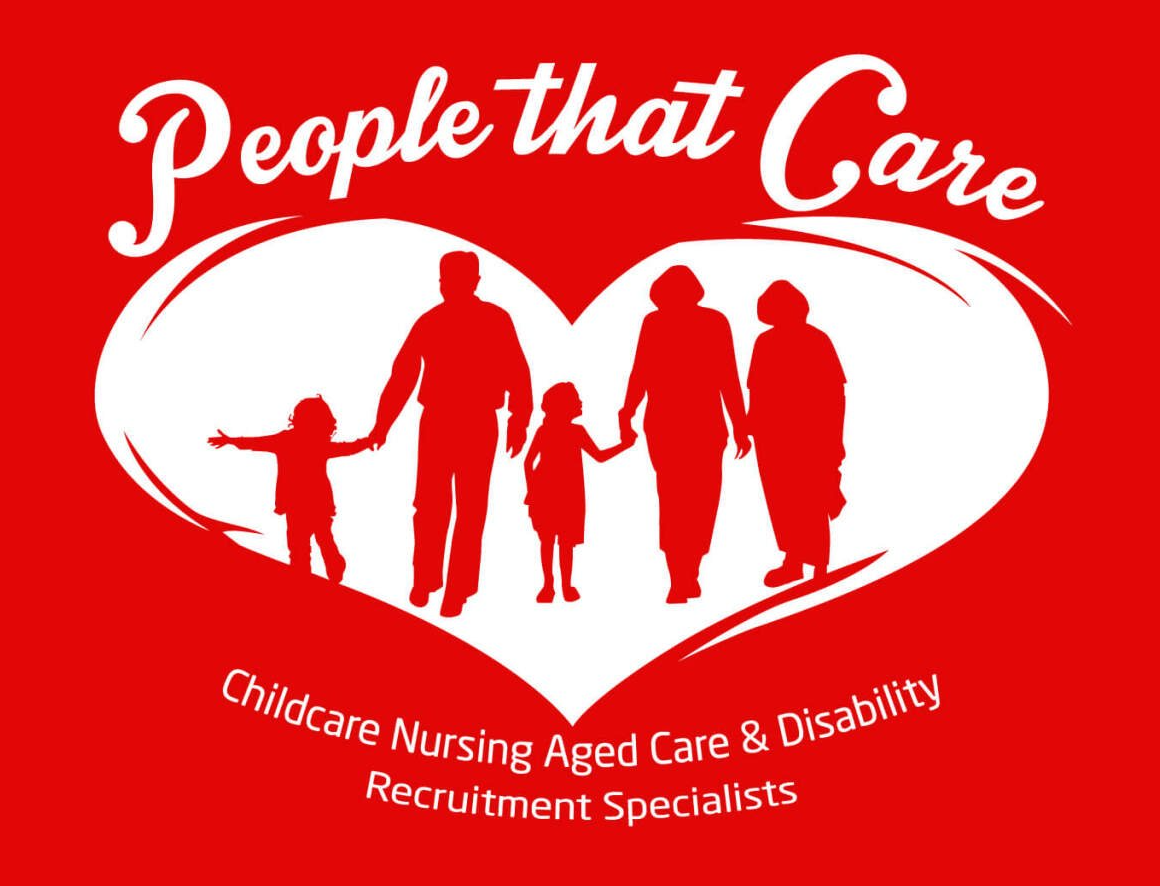The Essential Guide to Working as a Support Worker in the Community
Support Workers provide care for vulnerable individuals that require support in the community. Being a support worker can be challenging, but it is a highly rewarding role. With casual and part time work available, it is ideal for local and international students looking for flexible and practical paid work experience.
Responsibilities of a Support Worker
- Assessing the needs of members and the nature and extent of their abilities,
- Planning, developing and implementing care plans under the guidance of a qualified therapists,
- Monitoring and reporting on the progress of members,
- Accessing and participating in the community,
- Providing personal care assistance such as dressing, bathing and going to the toilet, if required,
- Assisting with domestic activities such as washing and vacuuming if required,
- Preparing meals and assisting with eating meals, if required,
- Interacting with members and encouraging and arranging various activities to help stimulate them physically and emotionally, if required.
What skills are needed to be a great Support Worker
Here are 12 tips to maximise your impact and make the most of your time at work:
- Be Positive and Supportive
- Ask Questions
- Take Notes
- Be Flexible and Patient
- Take Time for Yourself
- Be Organised and Professional
- Be Honest and Upfront
- Stay In Touch
- Use Technology Wisely
- Learn New Skills
- Stay Connected to Your Community
- Have Fun!
Be Positive and Supportive
Your job is to support people with disabilities, so you need to be able to build positive relationships and be a valuable resource. A big part of your role is being available when people need you. Make sure you are reliable and stay on schedule – this will help people feel confident that you are there for them when they need it.
Ask Questions
Don’t be afraid to ask questions – this will help you learn more about your members and better understand their needs. It also allows you to provide the best possible service, which is vital in ensuring that people with disabilities feel supported and valued throughout their journey.
You are likely the first person someone with a disability speaks to about their needs. Make sure you listen carefully and ask questions when necessary. This will help you understand your members and identify any needs or concerns they may have.
Take Notes
Taking notes during interactions with members will help you form accurate impressions and keep track of important details. This will ensure that you understand your member’s needs and can provide the best possible service.
Be Flexible and Patient
No two days are alike; this means that you need to be flexible when it comes to your work schedule. If something comes up that requires your attention, be sure to adjust as necessary. This will minimise the impact on your members and allow you to give the best possible service.
It can be tough work dealing with people with disabilities, but it is essential that you remain patient and flexible. People with disabilities may have unique needs that require a different approach than what you are used to. Be sure to adapt your approach as needed in order to provide the best possible service.
Take Time for Yourself
You are an important part of the disability support worker team, so don't forget to take time for yourself. This means setting aside time to relax and recharge after a long day of work. You will be more productive and able to provide the best possible service when you are well-rested. Don’t forget to ask for help if you need it.
Be Organised and Professional
Being organised and professional is essential when working as a disability support worker. This will help you keep track of your work schedule and meet the needs of your members. It is also important to dress appropriately for the occasion, so that you project a positive image to your members.
Be Honest and Upfront
When providing service, be honest and upfront with your members. This will help them know what's expected from them and help prevent any confusion or misunderstandings. Honesty is also key in building trust between you and your member.
Stay In Touch
It is important to stay in touch with your members throughout their journey. This way, you can provide updates on their progress and offer support if needed. It is also helpful to keep in touch to ensure that you are aware of any changes or updates that may occur in their lives.
Use Technology Wisely
Technology can be a great tool for disability support workers. This means using technology to keep track of your work schedule, communicate with members, and document your work. As long as you are aware of the risks associated with using technology, it can be a valuable tool in your disability support worker arsenal.
Learn New Skills
Keep learning! This way, you will be able to provide the best possible service to your members. There are always new tools and techniques available that can help you provide better support.
If you are interested in becoming a disability support worker, be sure to check out our website for more information. We have a variety of resources that will help you get started on your career path.
Stay Connected to Your Community
Being a disability support worker is a rewarding experience. Stay connected to your community and continue learning new skills so that you can provide the best possible service to your members. Look out for interesting and inclusive activities so that your member can be involved with their community and develop important communication skills.
Have Fun!
Having fun while working as a disability support worker is essential. Not only will having fun help you relax and stay productive, but it will also make your members feel more welcome and comfortable.
Want to learn more? Read our article on the qualities that make a great disability support worker.
How do you apply to become a support worker
Below is the process of becoming a Support Worker with Ascend Health, but you can use this as a guide for other companies.
Check that you meet the criteria
At Ascend Health, we try to do things a little differently. We only hire Support Workers who are studying a health science degree at University such as Occupational Therapy, Speech Pathology, Psychology, Physiotherapy, Nursing or Medicine. By doing this, we are able to provide members with passion and dedicated providers with a background of knowledge in healthcare and disability. Whilst we will need to ensure you are a health science student, we also make sure you display the qualities that make a great Support Worker such as passion, empathy, patience, reliability, initiative and confidence. If you believe you hold these qualities, then we would strongly encourage you to apply for a role as a Support Worker!
Apply for the role
If you believe you meet the criteria above then it’s time for you to apply! To apply for a role all you need to do is complete a short form on our website and email your resume to hello@ascendhealthgroup.com.au
Complete an interview
If your application interests us, you will be asked to be interviewed by our recruitment officer. It is always best to prepare for the interview and think about your answers to some questions that may be asked such as what skills and experience you have and what qualities do you have that will make you a great Support Worker. You may also be given a few scenarios where we will ask how you would make decisions in challenging situations.
Access the online provider portal
If your interview was successful, congratulations, you are on your way to joining the Ascend Health team as a Support Worker. We will get you started by setting up a provider profile for you on Ascend Health Plus, from here we will ask you to upload your mandatory checks such as your National Police Clearance, First Aid Certificate and Working With Children Check - just to name a few. Once we have these or assisted you with arranging them we will provide you with a contract and some more fun admin tasks!
Orientation
Up next is orientation, this is an opportunity to learn the fundamental concepts of the disability sector. This is a 3 part workshop covering topics such as the NDIS funding, restrictive practices, empathy based care and much much more. This is a great opportunity to connect with our Senior Therapists to gain extensive insight and advice before beginning your role as a Support Worker.
Begin your job Trial
To make sure you are trained and comfortable settling into your role as a Support Worker. You will begin a job trial by assisting a Senior Experienced Support Worker on their sessions with members. This is a great opportunity to observe, learn and gain confidence in your role as a Support Worker.
Start solo sessions with your members
Congratulations! You will now commence sessions with your very own members. This is an opportunity to build great relationships with your members and provide comprehensive care that ultimately makes a big difference in their lives.
Source: https://www.ascendhealthgroup.com.au/news/working-as-a-support-worker


